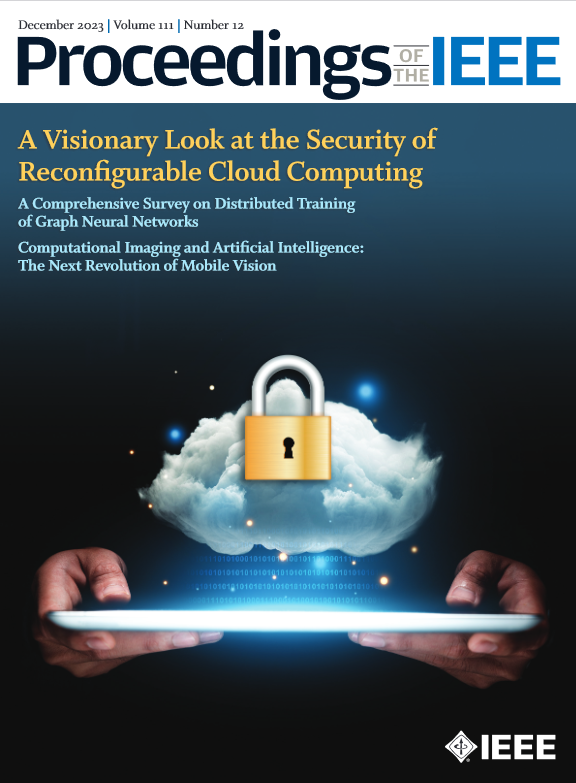联邦领域泛化:综述
IF 25.9
1区 计算机科学
Q1 ENGINEERING, ELECTRICAL & ELECTRONIC
引用次数: 0
摘要
机器学习(ML)通常依赖于这样的假设:训练和测试分布是相同的,数据集中存储用于训练和测试。然而,在实际场景中,分布可能会有很大的不同,数据通常分布在不同的设备、组织或边缘节点上。因此,要开发能够有效地泛化跨越不同领域的数据中不可见分布的模型。为了应对这一挑战,近年来人们对联邦域泛化(FDG)产生了浓厚的兴趣。FDG协同了联邦学习(FL)和领域泛化(DG)技术,促进了跨不同源领域的协作模型开发,从而有效地泛化到未见过的领域,同时保持了数据隐私。然而,在领域转移下泛化联邦模型仍然是一个复杂的、未被充分探索的问题。本文对这一领域的最新进展作了全面的综述。首先,我们讨论了从传统的机器学习到领域适应(DA)和DG的发展过程,并提供了相应的形式化定义。随后,我们将最近的方法分为四种不同的类别:联邦领域对齐(FDAL)、数据操作(DM)、学习策略(LSs)和聚合优化(AO),并详细介绍了每种方法的适当算法。然后,我们概述了常用的数据集、应用程序、评估和基准。最后,本调查概述了潜在的未来研究方向。本文章由计算机程序翻译,如有差异,请以英文原文为准。
Federated Domain Generalization: A Survey
Machine learning (ML) typically relies on the assumption that training and testing distributions are identical and that data are centrally stored for training and testing. However, in real-world scenarios, distributions may differ significantly, and data are often distributed across different devices, organizations, or edge nodes. Consequently, it is to develop models capable of effectively generalizing across unseen distributions in data spanning various domains. In response to this challenge, there has been a surge of interest in federated domain generalization (FDG) in recent years. FDG synergizes federated learning (FL) and domain generalization (DG) techniques, facilitating collaborative model development across diverse source domains for effective generalization to unseen domains, all while maintaining data privacy. However, generalizing the federated model under domain shifts remains a complex, underexplored issue. This article provides a comprehensive survey of the latest advancements in this field. Initially, we discuss the development process from traditional ML to domain adaptation (DA) and DG, leading to FDG, as well as provide the corresponding formal definition. Subsequently, we classify recent methodologies into four distinct categories: federated domain alignment (FDAL), data manipulation (DM), learning strategies (LSs), and aggregation optimization (AO), detailing appropriate algorithms for each. We then overview commonly utilized datasets, applications, evaluations, and benchmarks. Conclusively, this survey outlines potential future research directions.
求助全文
通过发布文献求助,成功后即可免费获取论文全文。
去求助
来源期刊

Proceedings of the IEEE
工程技术-工程:电子与电气
CiteScore
46.40
自引率
1.00%
发文量
160
审稿时长
3-8 weeks
期刊介绍:
Proceedings of the IEEE is the leading journal to provide in-depth review, survey, and tutorial coverage of the technical developments in electronics, electrical and computer engineering, and computer science. Consistently ranked as one of the top journals by Impact Factor, Article Influence Score and more, the journal serves as a trusted resource for engineers around the world.
 求助内容:
求助内容: 应助结果提醒方式:
应助结果提醒方式:


